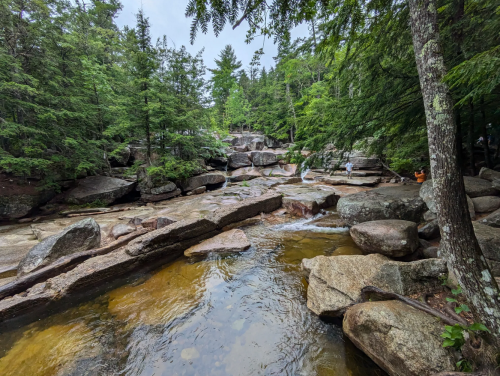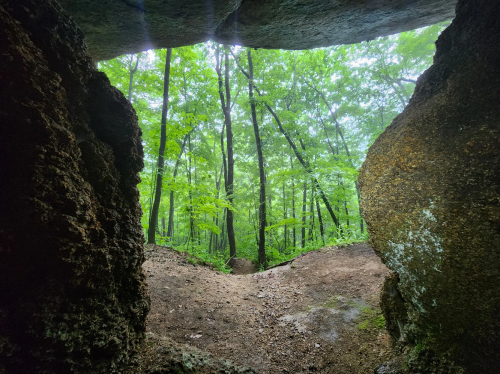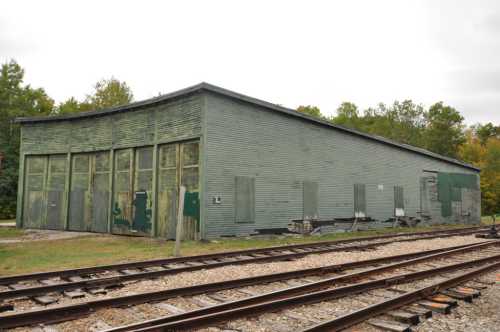I admit that I most often pass through Londonderry, New Hampshire on my way to a great smoothie place (a subject for another article!), but the drive does pass by signs of the town's long history. Its agricultural past still remains strong and it wasn't until recent history (relatively speaking) that it became more of a residential community. Let's take a little tour of one of the most historic towns in New Hampshire to learn more about it.
Londonderry was founded by Scotch-Irish settlers who left their life in Ireland to begin a new era in America free from religious wars and persecution.
Samuel Shute, 5th Governor of the Province of Massachusetts Bay and cavalry captain at the 1704 Battle of Blenheim, granted the tract of land that is now Londonderry in the early 18th century.
Londonderry has long been known for its apple orchards. Up until the 1970s, the town was largely a rural farming area.
Mack's Apples carries on Londonderry's long agricultural history. As the oldest family-run farm in the state and having been founded in 1732, it has been managed by the Mack family for eight generations.
The town has an unusual connection to what schoolchildren of yesteryear grew up with. It's the birthplace of James Wilson, who was the first maker of globes in the United States.
In neighboring Derry, then a part of Londonderry, the first American potato was grown in 1719.
While the company itself was located in Nashua, the source of Londonderry Lithia Spring Water was located in Londonderry.
While the character of Londonderry has changed from its original vision, it still remains one of the most historic towns in New Hampshire. For more information, visit the Town of Londonderry website.
Many other small towns around the state have found their place in history. Newmarket carries on the age of manufacturing, Hopkinton is seemingly frozen in time, and one former logging town is lost but not forgotten.
Subscribe to our newsletter
Get the latest updates and news
Thank you for subscribing!


























